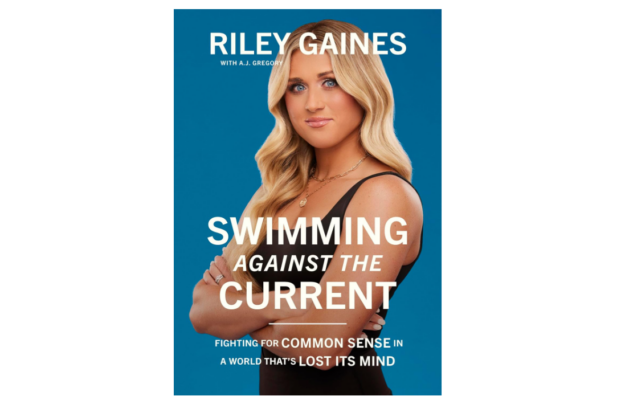The legislature passed just this year S.220 – An act relating to Vermont’s public libraries. The ostensible need for the law was summed up by the WCAX headline, “Vermont Senate advances bill to discourage book banning.” This was, in great part, a reaction by our legislators to parents around the country objecting to highly sexualized materials being made available to age-inappropriate audiences in school libraries.
If you don’t believe the books in question are age inappropriate for middle schoolers, watch Senator Kennedy (R-Louisiana) read a passage from one of the books parents are objecting to. But do be very much warned! Once you click that link, you will not be able to un-hear what you hear there. It is quite disturbing. But, making this kind of material available to children without parental consent or oversight is what our lawmakers were really defending with S.220 by lowering the age of oversight from sixteen to twelve. Yup, twelve.
Unless authorized by other provisions of law, the library’s officers, employees, and volunteers shall not disclose the records except: (4) to custodial parents or guardians of patrons under
age 1612 years of age…
At this point, I do want to say that in my opinion the hype about “banning” books in schools is in many cases is overblown by both sides. The decision whether or not to teach a certain book in a class isn’t a “ban” on the book not chosen. It’s a question of priorities. We can argue if it’s a good idea to not teach Huckleberry Finn, To Kill a Mockingbird, or The Great Gatsby (it’s a terrible choice not to teach all of them) in favor of I, Rigoberta Menchú (trash) and The Kite Runner (great book, but canon literature?), and that debate would be healthy and fun to have.
Similarly, the desire to keep arguably pornographic material out of the hands and eyes of children isn’t really so much about banning books as it is about making appropriate choices.
But back to this legislation empowering librarians to safeguard the First Amendment by wielding S.220 as a sword against those who would stifle controversial points of view, and a hat tip to a BTL reader who shared this experience with Burlington’s Fletcher Free Library after asking about Riley Gains new book, Swimming Against the Current, Fighting for Common Sense in a World That’s Lost its Mind.
For those unfamiliar (and do come out from under your rock), Gains was a champion female college level swimmer who had her title taken away by a biological male competing as a woman. Since then, Gains has become an outspoken advocate for, according to her webpage, “…women’s single-sex spaces, advocating for equality and fairness, and standing up for women’s safety, privacy, and equal opportunities.” She is having an impact, and, needless to say, the transgender community does not like her. At all.
So, when this Burlington resident asked to borrow a copy of her book from the local library, this was the response:
Thank you for your recent title request of Swimming Against the Current by Riley Gaines. Unfortunately, the title you requested doesn’t meet our collection development policy criteria for purchase, and the book is unavailable to request through the inter-library loan system. We do try our best to fulfill all patron requests when possible.
Take care,
Erin
Really? Google “Riley Gains” and you get thousands of news hits. Her story, intertwined with that of transgender swimmer Lia Thomas, has been front page news since 2021. Gains is emerging as one of the most powerful feminist voices of her generation. Her book doesn’t meet your criteria? Not just for purchasing the book yourself (sure, space is limited) but not even borrowing it from another library that does stock it? This sounds an awful lot like, as the term is used today, a book ban!
A further inquiry summed up in a quick paraphrase here of “WTF”, got the more detailed explanation,
… the selection aids used by staff have been more clearly defined as: “Review in a standard reviewing source (e.g., Booklist, School Library Journal, Publishers Weekly, Library Journal, Kirkus Reviews); reviews and discussion in national newspapers and magazines, local publications, broadcast media, and reputable online sources.”
The number of items published each year is huge and we cannot be subject matter experts in everything, so we rely on these reviews especially for non-fiction. Unfortunately, I could not find a review of “Swimming Against the Current” in any of the publications listed above, nor The New York Times, Wall Street Journal, Washington Post, etc.
And this is how the Left works its censorship magic: If none of us like it, none of us pay attention to it. If we don’t pay attention to it, it doesn’t exist. If it doesn’t exist, how can it be censorship not to make it available? Here, maybe you’d enjoy some child pornography instead. Bring some home to the kids!
So, in conclusion, it appears S.220 (now Act 150) is less about ending “book bans,” but rather empowering librarians to ban the books and points of view our lawmakers want banned, and insulating them from transparency and public criticism in the process.
